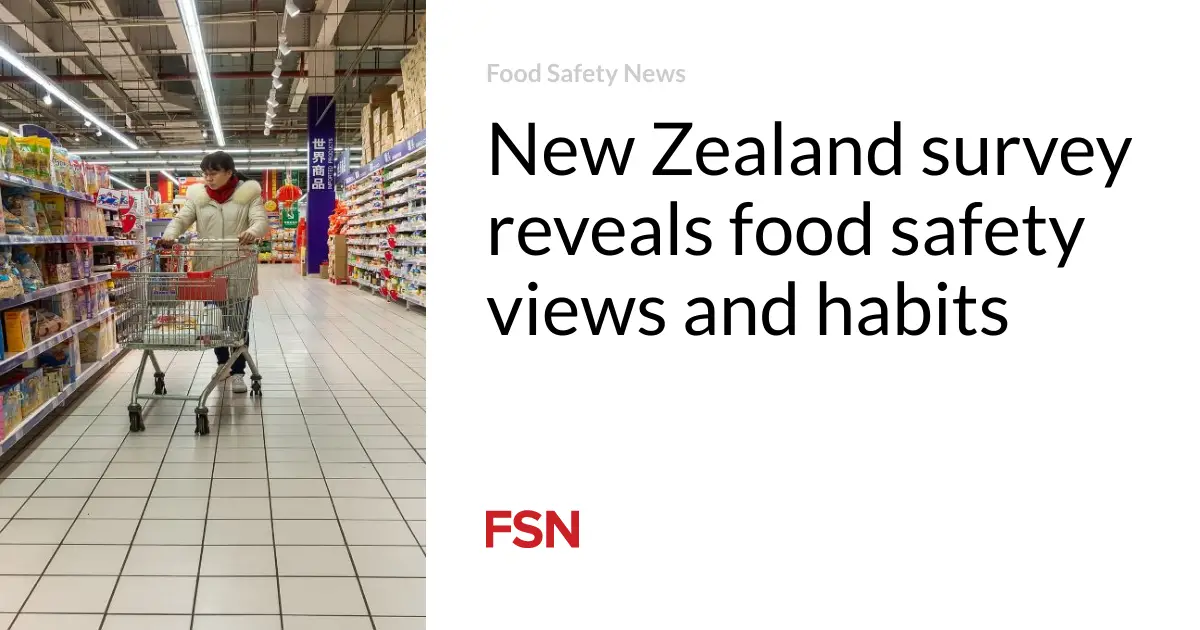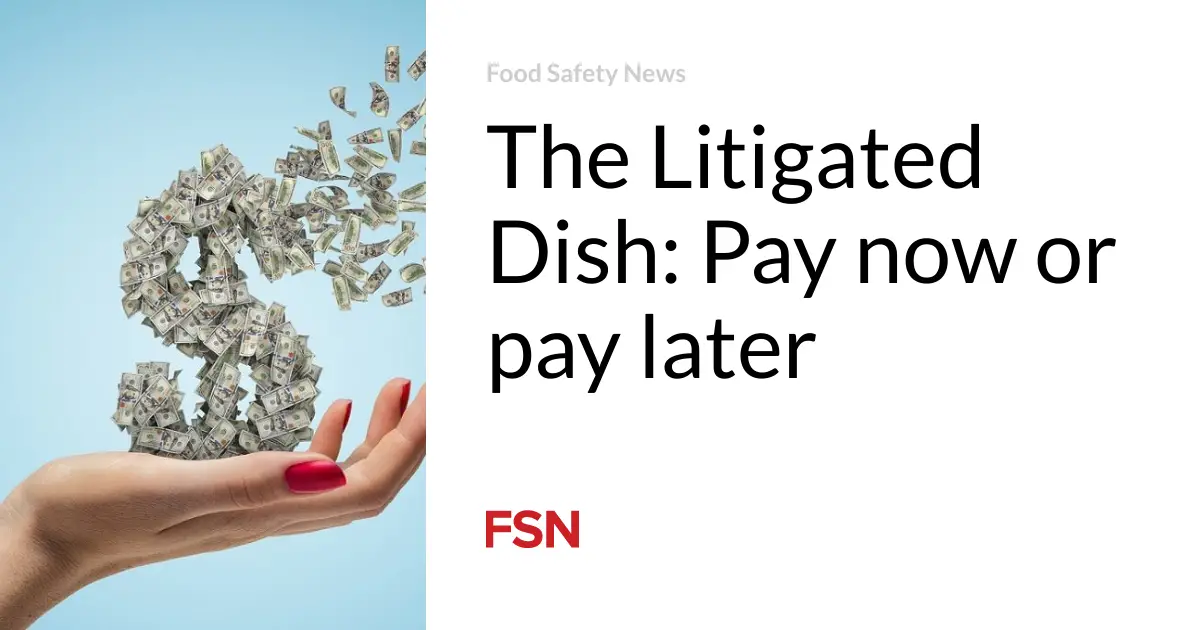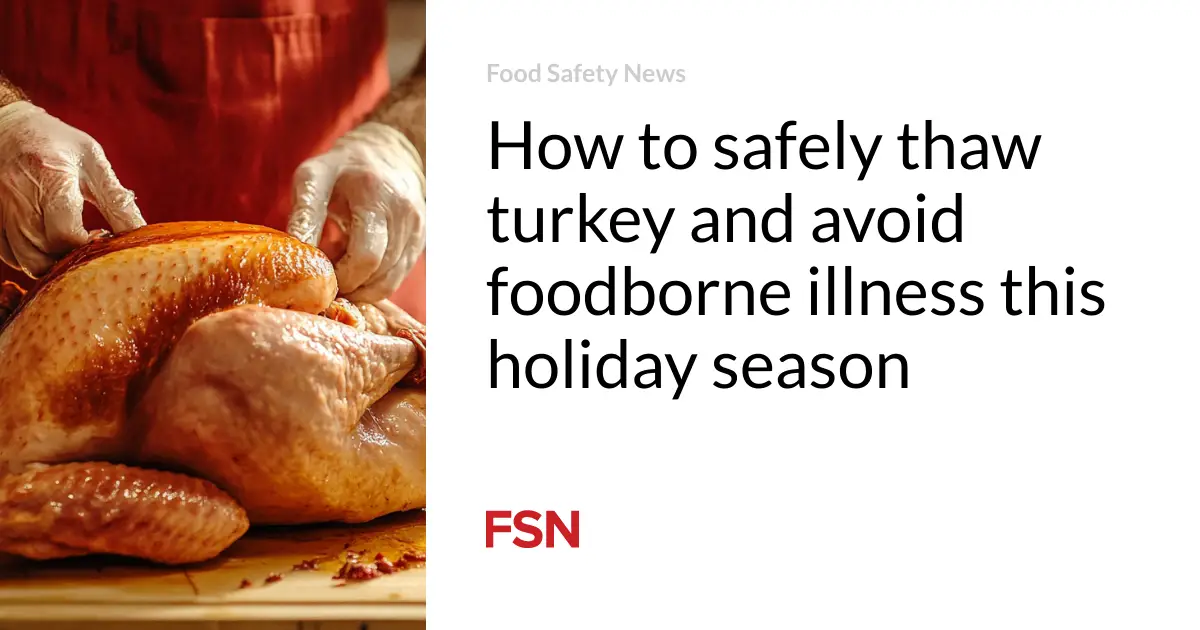
A consumer survey in New Zealand has found food poisoning was the second highest food-related concern after prices.
In total, 56 percent were concerned, suggesting food poisoning is taken seriously, said the New Zealand Food Safety (NZFS), a Ministry for Primary Industries (MPI) business unit.
The online survey was conducted between November and December 2023 with 1,602 consumers.
NZFS wanted to learn how consumers from different backgrounds perceive food safety risks and how their perceptions of risk may affect food safety behavior and practices. Overall, 27 food safety practices were tested in the research.
Consumer behavior results
Sixty-seven percent of consumers who prepare chicken say they wash raw chicken either sometimes or always and 79 percent wrongly believe that they should wash raw chicken or do not know if they should. The top reasons for washing chicken were for hygiene or to avoid food poisoning.
Many respondents do not wash their hands after handling eggs and do not heat frozen berries before use. Respondents who were not undertaking some correct cooking and serving actions said they were short on time, did not realize they should, did not think it was necessary, or forgot. Most do not often use a meat thermometer, even if they have one.
Two-thirds felt they know enough about food safety to avoid food poisoning. Those who felt less confident were more likely to be aged between 15 and 29, Pacific people, and/or Asian. Incidence of claimed food poisoning increased from 9 percent of households in 2020 to 15 percent in 2023.
For information on handling food safely to avoid food poisoning, consumers are most likely to trust government agencies and health professionals. People are most likely to search the internet or talk to others to check food safety storage information.
Almost a third said they ate food past its use-by date. More than half-remembered hearing about food being recalled in the past 12 months.
Level of trust
Most consumers said they trust New Zealand has food safety rules; however, fewer trust that they are overseen. Half of the participants were concerned about food safety in takeaway outlets, and 56 percent had somewhat, little, or no confidence that imported food is safe to eat.
Most people felt confident that food in New Zealand is safe to eat. Those aged between 15 and 29 and Māori and Asian consumers were less confident that food in the country is safe.
Consumers trusted farmers and growers the most with food safety competence, openness, and care, but they trusted restaurants, cafes, and takeaway outlets the least. In takeaways, people were mainly concerned about the perceived lack of hygiene processes and standards, food preparation and cooking practices, and the cleanliness of kitchens and premises.
Since 2020, trust that government agencies have rules to ensure food is safe to eat has declined, from 79 percent who mostly or completely trusted in 2020 to 69 percent in 2023. Consumers were also concerned about food safety from charities or food banks and convenience stores like dairies, bakeries, or service stations.
Consumers believed chicken, shellfish, and pork are the riskiest foods. When asked how risky certain foods were to others, most said frozen berries, rice, eggs, and packaged salad or sprouts are not high risk.
For meal box deliveries, consumers are most concerned about the risks involved with delivery, like the time taken or the packaging.
New Zealand Food Safety has also urged people to take practical steps to prevent Listeria infection.
The campaign aims to help some of those most at risk — such as pregnant women and older people — better understand listeriosis risks and how to decrease them.
There were four deaths from listeriosis in 2021 and six in 2022, with 78 people hospitalized over this period. In 2023, there were three recalls because of the possible presence of Listeria.
Higher-risk foods include ready-to-eat meat products like deli meats and pâtés; smoked seafood (especially cold smoked fish); soft cheeses like brie and camembert; unpasteurized dairy products; soft serve ice-cream; some fruit such as melons; leafy greens and bagged salad; uncooked sprouts like alfalfa and mung beans and enoki mushrooms; and ready-to-eat cooked meals.
To lower the risk of getting listeriosis, people can cook food thoroughly, only eat recently prepared food, refrigerate leftovers quickly, and avoid eating leftovers that won’t be reheated.
(To sign up for a free subscription to Food Safety News, click here.)







